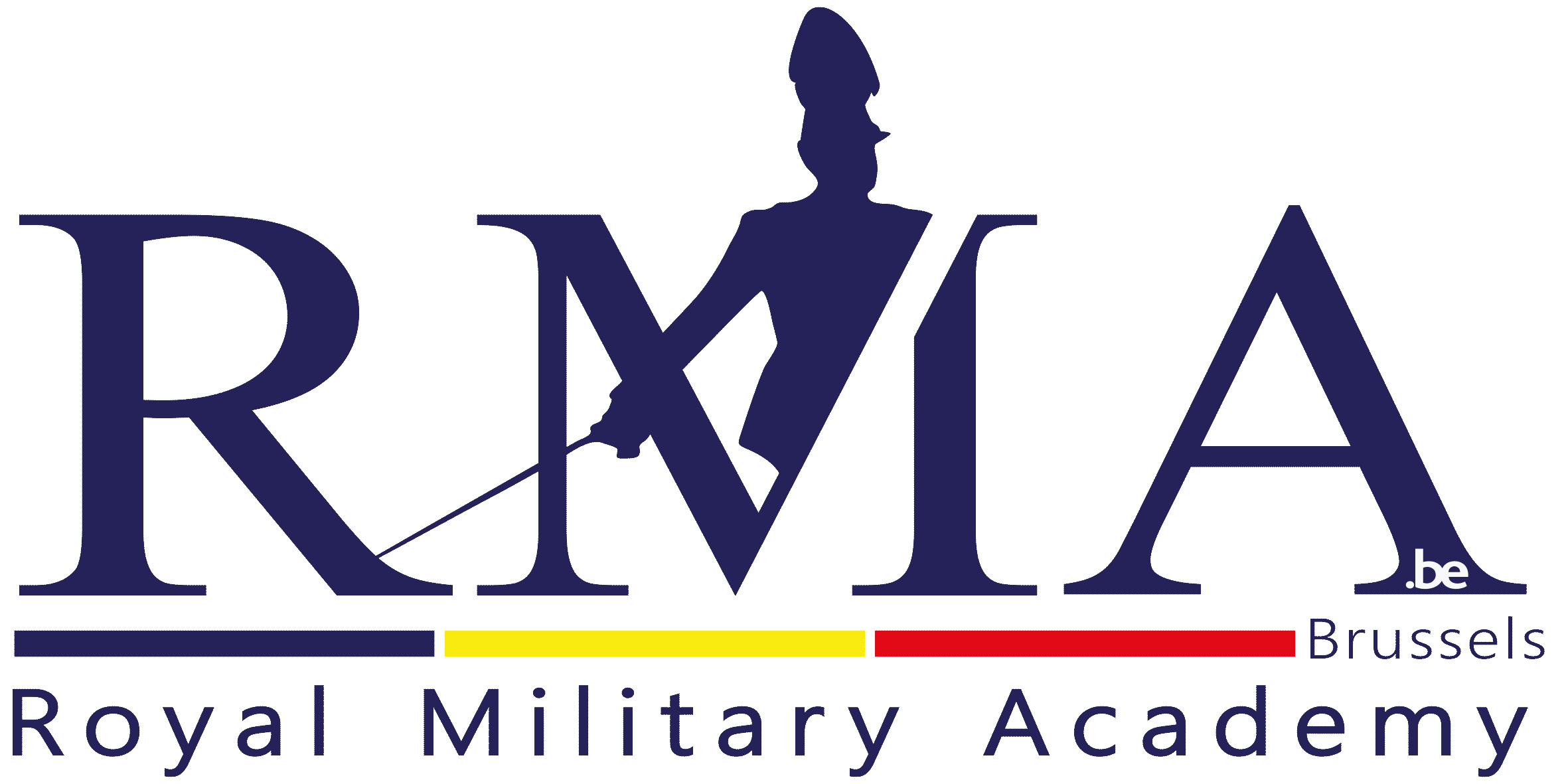
Recent armed conflicts, such as those in Ukraine, Nagorno-Karabakh, and Syria, have highlighted the strategic value of Unmanned Aerial Systems (UAS) or drones in modern warfare. However, a critical vulnerability shared by many current drone systems is their reliance on Global Navigation Satellite Systems (GNSS) like GPS, GALILEO, BeiDou, and GLONASS. These satellite-based systems are highly susceptible to jamming and spoofing, making them unreliable in contested environments.
The GRAND (GNSS-Free Algorithms & Tools for Reliable Drone Navigation) project seeks to address this issue by developing robust Positioning, Navigation, and Timing (PNT) solutions that operate independently of GNSS. This innovation is critical for ensuring the operational reliability of military drone systems in complex and hostile environments.
Objectives of the GRAND Project
-
Low-Altitude GNSS-Free PNT Algorithms:
GRAND will develop advanced algorithms that enable drones to determine their position and orientation at low altitudes using visual odometry (VO). By analyzing camera images, the project will create a novel passive PNT approach based on sensor data fusion, integrating inputs from visual, thermal, and multispectral cameras, as well as inertial measurement units (IMUs). -
High-Altitude GNSS-Free PNT Algorithms:
At higher altitudes, where full 6-dimensional pose reconstruction becomes challenging, GRAND will employ preloaded satellite mapping data within a data fusion framework. This approach will enable visual mapping across multiple domains, including thermal and multispectral imagery, ensuring reliable navigation beyond the constraints of traditional VO techniques. -
Proof-of-Concept Drone System:
The project will deliver a prototype drone capable of traversing large distances (>10 km) without GNSS reliance. Equipped with a high-performance embedded GPU, the drone will seamlessly transition between low-altitude and high-altitude PNT algorithms to maximize reliability. Operating passively, including nighttime missions, the system will utilize terrain features captured in thermal and multispectral channels for self-localization. This capability ensures low observability and enhanced operational effectiveness.
Towards a GNSS-Independent Future
By enabling GNSS-free PNT for drones, the GRAND project addresses a critical capability gap in modern military operations. Its innovative technologies and close collaboration with defence stakeholders will provide Belgian Defence with a pioneering tool for secure and reliable drone operations in GNSS-contested environments.
- Loading Mastodon feed...
